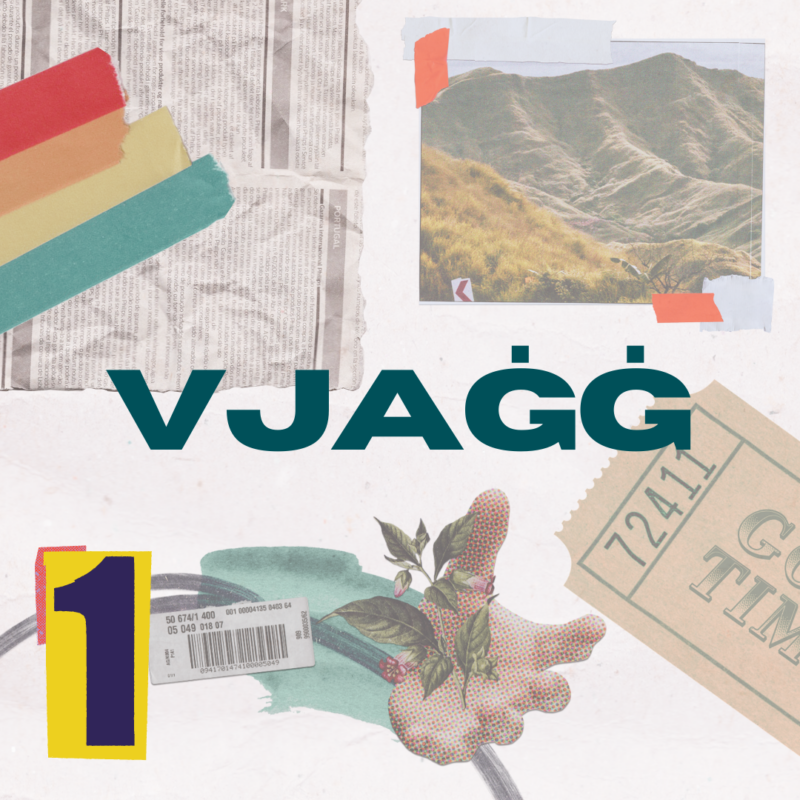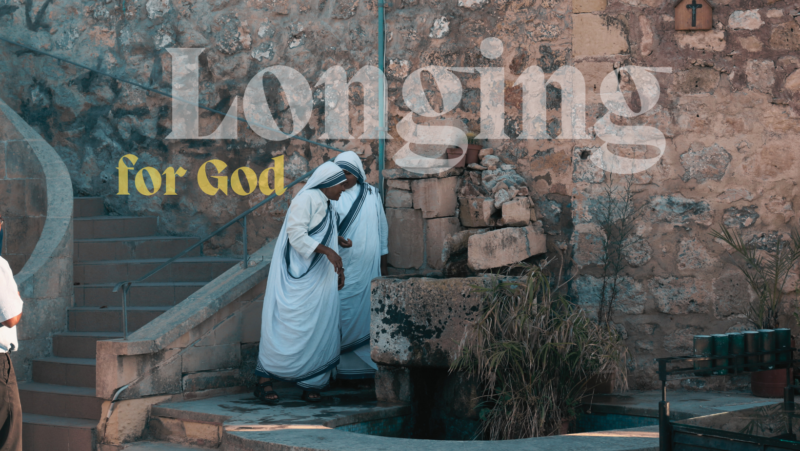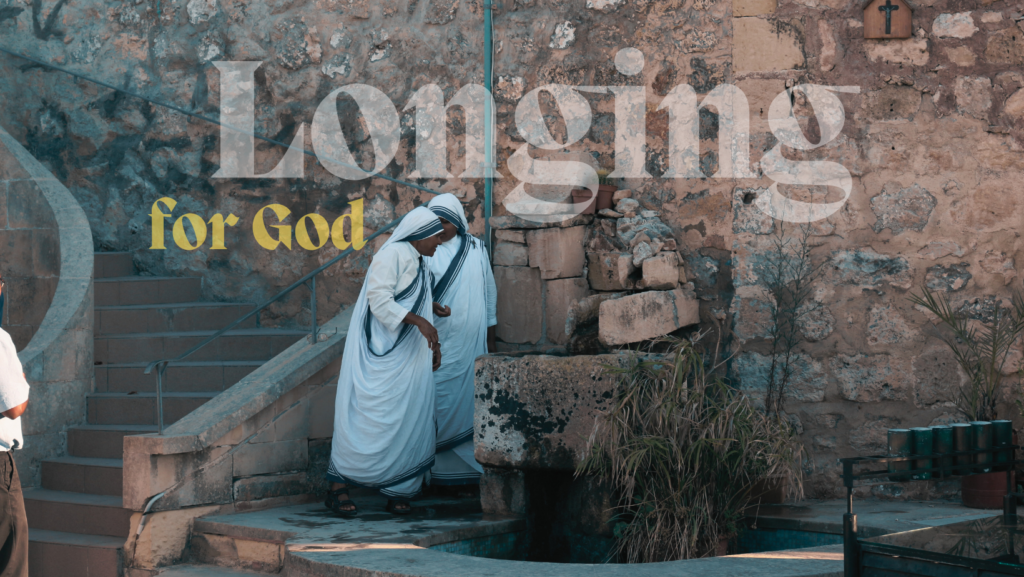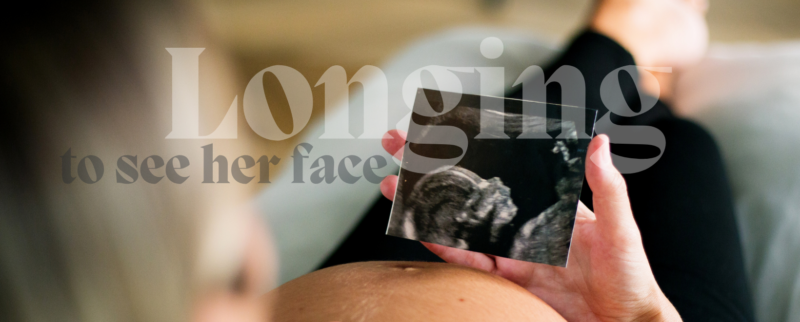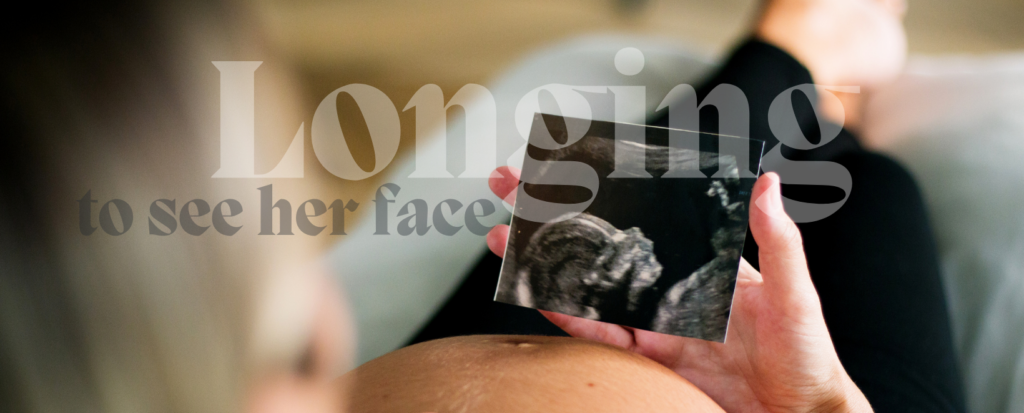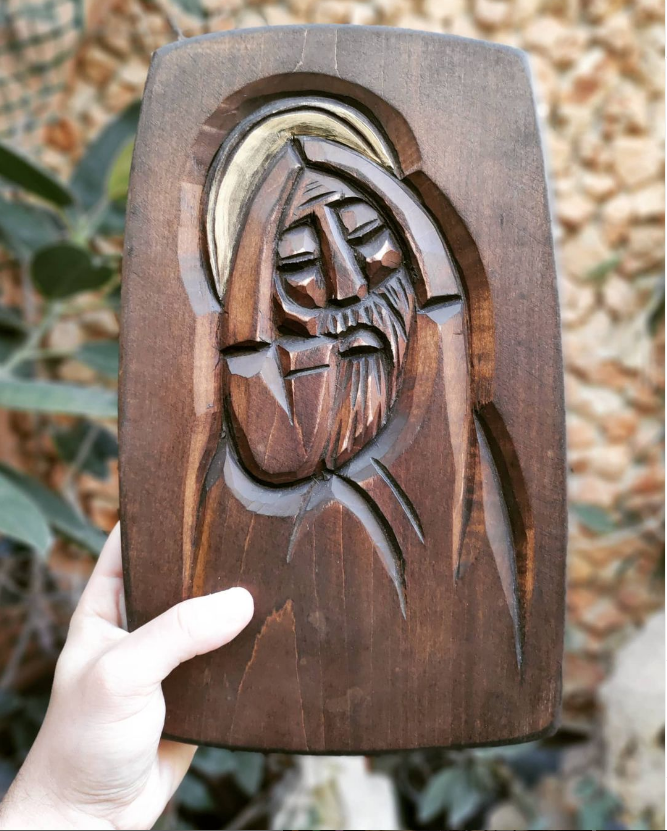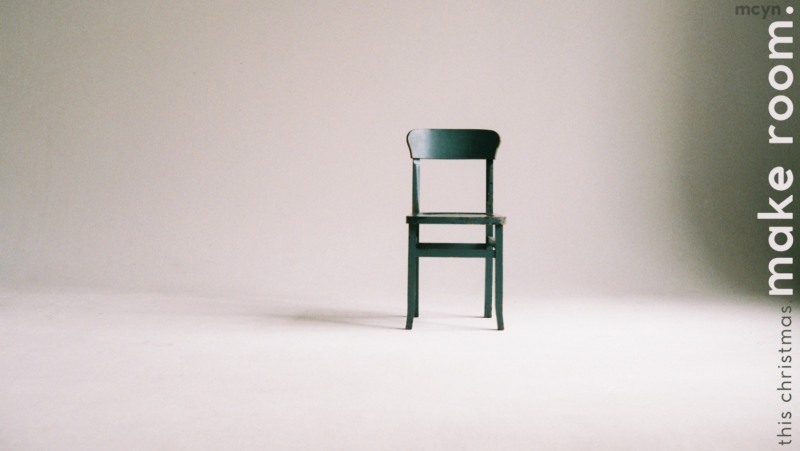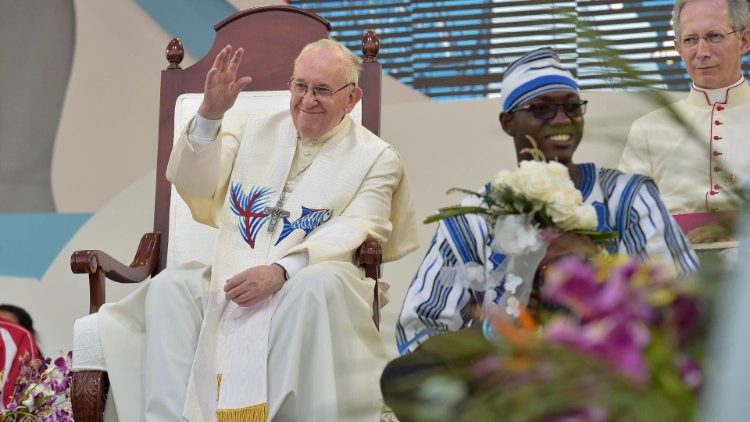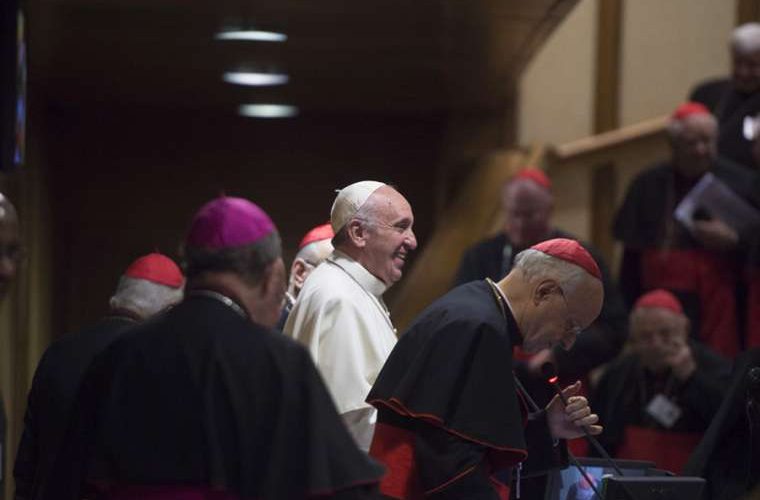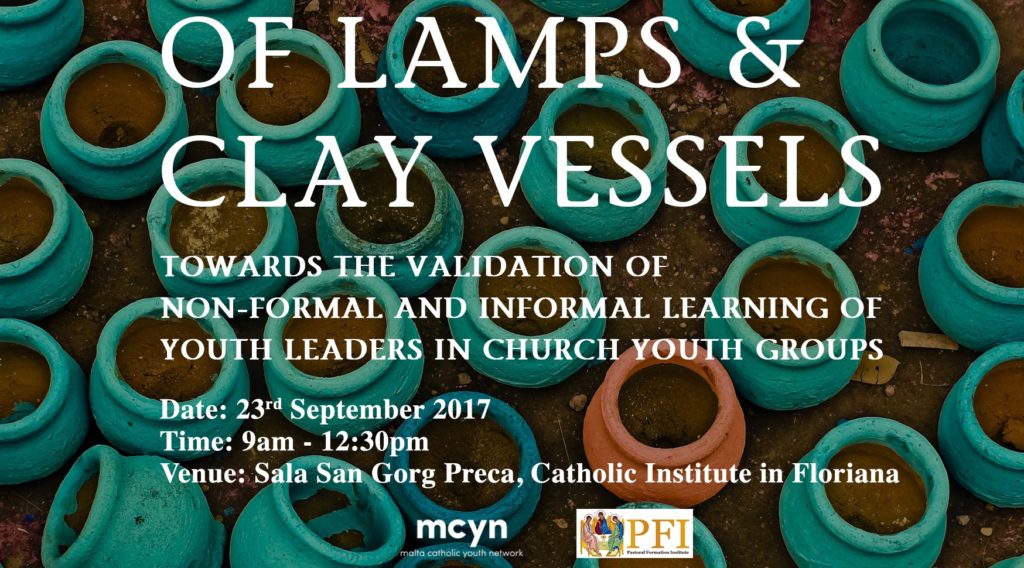Din hija l-ewwel parti mis-serje Tug of War, riżorsa maħsuba għaż-żgħażagħ minn Malta Catholic Youth Network bil-kontribut ta’ Dr Joseph Ciappara.
Min hu Abraham?
Ir-rakkont tas-sejħa t’Abraham jibda proprju f’kapitlu 12 mill-Ġenesi, iżda kif jagħlaq kapitlu 11, l-awtur itina ftit kuntest ta’ min kien Abram u tal-familja tiegħu. Min jaf kemm-il darba smajna b’dan Abram! Probabbilment smajna li hu figura sinifikanti kemm fil-Ġudaiżmu, fil-Kristjaniżmu, kif ukoll fl-Iżlam. Tant hu hekk li dawn ir-reliġjonijiet insejħulhom ‘Abramiċi’. Abraham kien, għadu, u jibqa’ l-ewwel fost il-patrijarki, il-persuna magħżula minn Alla biex minnu jitnissel u jitwieled il-poplu Lhudi.
Kif nistgħu nirrelataw miegħu speċjalment f’dal-vjaġġ tar-Randan?
Meta nħarsu lejn l-ambjent familjari tiegħu, naraw kif dan il-personaġġ għandu ħafna x’jgħidilna u x’jgħallimna. Kapitlu 11 jgħidilna li Abram kien l-ikbar fost it-3 subien ta’ Teraħ. L-awtur jgħidilna li Ħaran, l-iżgħar fost is-subien, miet qabel missieru Teraħ. Għaldaqstant, nagħrfu li din il-familja diġà għaddiet minn telfa u li ċertament hija wkoll ħasda. Riflessjoni għalina minn dan kollu hi: liema huma dawk l-esperjenzi f’ħajjitna li jaħsduna u jpoġġulna saqajna mal-art? L-istess kapitlu jgħidilna wkoll li Saraj, il-mara t’Abram, kienet sterili u għalhekk ma setax ikollha tfal. Mill-ewwel għandna indikazzjoni li din il-familja għaddejja minn problemi fil-ħajja li attwalment jgħaddi minnhom kulħadd. F’dan kollu, Alla jogħġbu jagħżel minn din il-familja, minkejja dawn l-isfidi msemmija. L-awtur iżid li, wara l-mewt ta’ Ħaran, Teraħ jaqbad il-familja — lil Abram, Saraj, u Lot (it-tifel ta’ Ħaran) — u jitilqu f’post ieħor. Għaldaqstant, mistoqsija ġusta hi: Teraħ qed jipprova jaħrab minn din it-traġedja li ġratlu? Biss, wara ftit, l-awtur jerġa’ jipprovdilna dettall bl-istess isem tal-personaġġ li għadu kif miet: Ħaran. Jgħidilna li din il-familja marret f’post jismu Ħaran, u bdiet tgħix hemm. Forsi dan huwa mod sottili kif l-awtur sagru qed jgħidilna li Teraħ, minkejja li qed jipprova jaħrab mit-traġedja t’ibnu, qed jerġa’ jaffronta din it-traġedja li terġa’ tirritorna b’mod qawwi fil-ħajja ta’ kuljum tiegħu, tant li jieqaf f’post li jismu eżatt bħal ibnu l-maħbub li tilef. Għalhekk, riflessjoni oħra importanti hawn hi: X’inhuma dawk ir-realtajiet f’ħajjitna li qed naħarbu minnhom? Jekk mhux illum, għada hemm mnejn li nerġgħu nħabbtu wiċċna magħhom.
Minn fejn beda l-vjaġġ tas-sejħa?
Li nafu fiċ-ċert hu li f’punt partikulari f’ħajjet Abram, Alla intervjena. Madankollu, meta kien iż-żmien u fejn kien il-post, l-awtur ma jispeċifikax. Kapitlu 12 jibda: “U l-Mulej qal lil Abram, ‘Qum u itlaq minn artek, minn art twelidek, u minn dar missierek, lejn l-art li se nurik.’” Sejħa li letteralment tiġri bħal sajjetta fil-bnazzi. Hemm Rabbini li jgħidu li Abram kellu 40 sena meta Alla intervjena f’ħajtu; biss, l-awtur sagru ma jgħidilniex dwar dan. 40 sena m’għandniex niħduhom b’mod letterali. Meta jissemma n-numru 40 fl-Iskrittura nfissru l-kompletezza ta’ fażi ta’ ħajja. Għaldaqstant, l-40 sena attribwiti lil Abram mir-Rabbini huma l-mument meta Alla għarraf lil Abram biex jinqala’ minn fejn kien u jibda din il-mixja ta’ skoperta dwaru nnifsu u dwar Alla f’ħajtu. Wara dan, imbagħad, titwieled il-missjoni li minnu jitnissel il-poplu l-magħżul u li minnu tibda l-istorja tas-salvazzjoni.
X’nistgħu napplikaw għall-vjaġġi tagħna llum?
Is-sens ta’ Tug of War ma jidher imkien iktar qawwi daqskemm jidher f’Abraham. Aħna meta naqraw is-sejħa forsi nistħajlu li Alla qed isejjaħ lil Abram biex jitlaq minn fejn hu. Madankollu, apparti l-mixja fiżika tal-ħajja, hemm iktar minn hekk. Li kieku jkollna nittraduċuha għal-lingwa oriġinali — Lech Lecha — it-traduzzjoni proprja għandha tkun: itlaq lejk innifsek. U din hi proprju t-Tug of War. Kontradizzjoni. Hemm is-sejħa għal Abram biex joħroġ minn dak kollu li għamlu Abram sa dakinhar, miż-żoni ta’ kumdità li ħafna drabi aħna wkoll insibu ruħna fihom. Sejħa biex jitlaq minn dar missieru, u mill-art ta’ Ur (art fertili ħafna fil-Mesopotamja). L-awtur, biex iżid ma’ dan, jgħidilna li Abram telaq lejn id-deżert. Allura, il-personaġġ qed jinqala’ minn kumdità biex jidħol fi proċess ta’ tbatija: tbatija t’inċertezza u ta’ dak li mhuwiex magħruf. U din hi l-iktar ħaġa li tbeżża’ ’l-bniedem: dak li mhuwiex magħruf. Hawn nies li huma komdi fit-tbatija tagħhom, tant hu hekk li bl-Ingliż ngħiduha: “better the devil you know.” Għaliex? Dak li ma nafux iwaħħaxna, allura kultant naħsbu li aħjar nibqgħu fejn inkunu. Imma Alla jintervjeni u hawn tidħol it-tieni parti tas-sejħa — Lecha — lejk innifsek. U allura nagħrfu li l-vjaġġ mhuwiex biss fiżiku, imma wkoll spiritwali-interjuri. L-estern f’Tug of War mal-intern. U dan il-vjaġġ hu dak li jistedinna nagħmlu r-Randan:
- Liema hi dik il-kumdità f’ħajjitna li Alla qed jistedinna biex ninqalgħu minnha?
Tista’ tkun dipendenza imma tista’ wkoll tkun persuna, kif Abram kien dipendenti minn missieru, anke f’età matura. U missieru, daqstant ieħor, dipendenti fuqu. Ċertament dan huwa pass fid-dlam għalina lkoll, iżda li jlaqqagħna magħna nfusna u jippermettilna nikbru. - X’inhu dak il-pass fid-dlam li qed nibżgħu nieħdu u li mhux qed iħallina nikbru?
L-ostaklu li mhux qed iħallina niltaqgħu magħna nfusna jostakolalna wkoll il-vjaġġ li niltaqgħu mal-veru Alla.
Missier Qaddis, nitolbuk tibgħat l-Ispirtu tiegħek fi qlubna u ddawlilna moħħna sabiex nagħrfu s-sejħiet li tagħmel f’ħajjitna. Nitolbuk iddawlilna r-realtajiet li qegħdin fid-dlam, li jġegħluna naħarbu, u li bihom inħossuna skomdi. Għinna naċċettaw dawn ir-realtajiet, niltaqgħu magħhom, u bihom nikbru. Fuq kollox, Mulej, nitolbuk tagħtina l-qawwa tal-Ispirtu tiegħek li jagħtina l-kuraġġ ninqalgħu mill-kumditajiet tagħna biex nibdew dan il-vjaġġ. Il-vjaġġ t’Abram kien flimkien miegħek: inti kont hemm ma’ kull pass li għamel f’ħajtu, kull pass fiżiku u spiritwali. Għalhekk nitolbuk biex dal-vjaġġ tar-Randan idaħħalna fina nfusna għaliex hemm niskopru l-identità sabiħa tiegħek.






